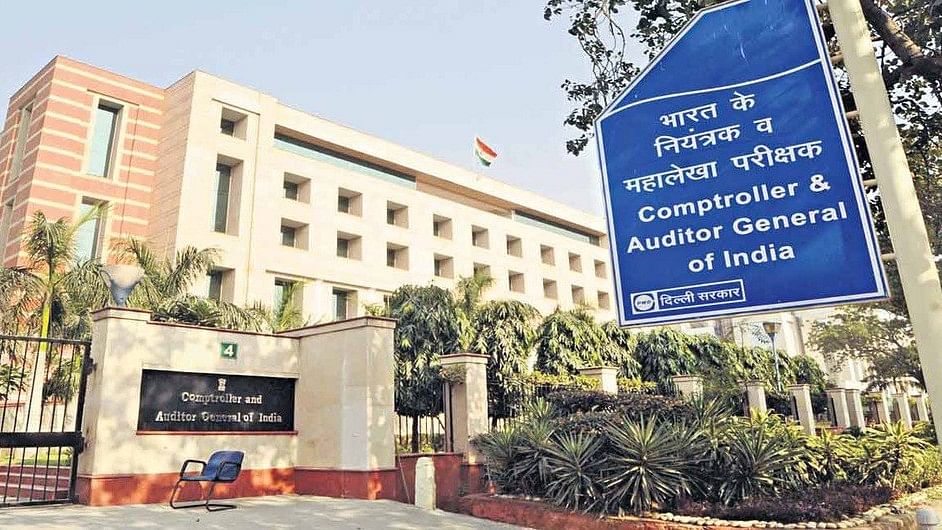
A Comptroller and Auditor General report said implementation of Unique ID for Persons with Disabilities was slow in Karnataka.
Credit: X/@CivilLearning1
Bengaluru: Only 46 per cent of the differently abled persons were issued with Unique ID for Persons with Disabilities (UDID) cards in Karnataka, as of December 2022, according to a Comptroller and Auditor General (CAG) report tabled in the Legislative Assembly on Tuesday.
The report on performance audit on implementation of the Rights of Persons With Disabilities Act, 2016 stated that Karnataka UDID project commenced in April 2019, but the pace of its implementation was slow.
"As of 31 December 2022, only 46 per cent of the differently abled persons were issued with UDID cards in the State," it said.
UDID cards, it noted, helps in tracking the Chief Medical Officer/Medical Authority for assessment of disability, receiving assistance and to know about various schemes for Persons with Disabilities (PwDs). It also facilitates monitoring of physical and financial progress of beneficiaries at all levels of hierarchy -- village level to National level.
As per Census 2011, Karnataka has 13.24 lakh PwDs, which is 4.94 per cent of the total PwDs in the country (2.68 crore).
It also said the state government delayed notification of the Karnataka Persons with Disability Rules, resulting in delay in implementing of the Act and Rules.
"The Department failed to conduct a comprehensive survey covering all disabilities due to which it did not have a database on the number of persons with various disabilities in the State," it said.
The report also highlighted that due to the absence of a designated Corporate Social Responsibility (CSR) policy for special schools by the state government, corporate involvement in enhancing infrastructural facilities is limited to Bengaluru.
"Audit scrutiny revealed that CSR funds for special educational schools were primarily concentrated in Bengaluru with only seven institutes receiving grants amounting to Rs 207.65 crore during 2016-17 to 2021-22.
The department had neither framed any guidelines to ensure equitable distribution of funds across the State nor encouraged corporates to invest in areas outside Bengaluru. This limited the improvement of infrastructure and access to education for differently able individuals," it stated.
The CAG also observed that the department did not possess the data of the beneficiaries who had availed the benefits under various schemes and programmes as the local authorities had not prepared and forwarded it their action plans.
"It was seen that the department did not have a system in place to monitor the mandatory allotment of funds and its utilisation thereon. Hence, even the department could not ascertain whether the stipulated five per cent reservation was being adhered to during the implementing the schemes," it stated.
The CAG report also noted that the state government was yet to provide accessible infrastructure for PwDs in many of the government institutions, public transport, regular and special schools, libraries and tourist places.
Though special schools were established for various categories of students with disabilities, performance of many of these institutions was far from satisfactory in terms of availability of infrastructure, accessibility features and qualification of teachers, among others, it said.